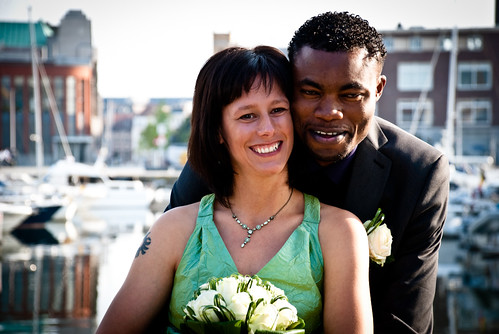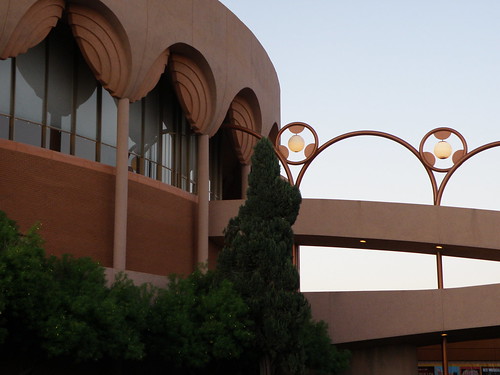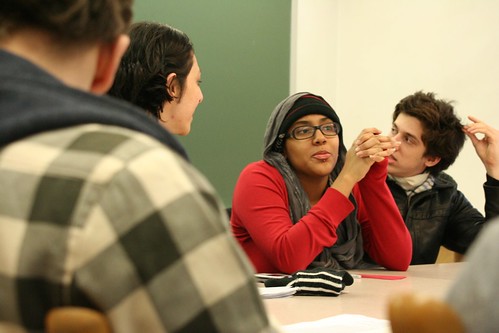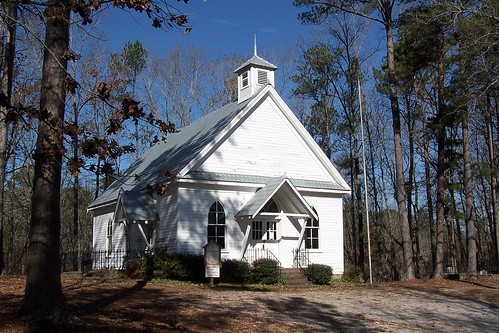 |
| My brood of six |
It used to be that larger families were the norm. My father's family had six boys. My mom's had three boys and two girls. My wife's mother's family had ten children. But the average family today has 2.1 children.
Families like mine that have more than the national average can seem like a bit of an oddity. On numerous occasions when out in public, we've gotten comments like, "Are those all yours?" or "I don't know how you do it." Which I find kinda funny, 'cause it's not like we're the Duggars or something. Yes, we're outnumbered but that's why God created zone defenses.
The Orlando Sentinel recently examined the pros and cons of big families:
"At a time when our fascination with big families is at a peak and, perhaps not coincidentally, family size is at one of its lowest points — women are having, on average, 2.1 kids — we asked an expert and two large-family moms to help us separate myth from reality: What are the pluses of big families? The minuses? What's the bottom line?
Large families are very diverse, but some frequently mentioned pluses include built-in playmates for your kids, more chances for kids to interact with children of different ages and, well, call it the Pitt factor: fun, joy, general merriment.
On the minus side are fewer resources — whether time or money — per child, less alone time for parents and more noise.
Mary Ostyn, the mother of 10 kids, six adopted, and the author of "A Sane Woman's Guide to Raising a Large Family" (Gibbs Smith), says she sometimes wishes she had the time and money to enroll her kids in more extracurricular activities.
"None of our kids are going to be world-class gymnasts, but they're going to know how to work hard, to help out, to share and to take care of people younger than themselves," she says. "It comes down to this awesome community that a large family is: For their whole lives, they're going to have this group of people that really understands them."
Psychologists have always assumed that siblings are good for you, because they provide so much support, says Joe Rodgers, a professor of psychology at the University of Oklahoma. But are two, three or four siblings better — or worse — than one?
"The answer is fairly controversial — and fascinating as well," Rodgers says.
On one side are researchers who believe parental resources such as time and money are split among offspring, with children in bigger families getting smaller pieces of the pie.
On the other side are researchers such as Rodgers, who say that's an overly simplistic way of looking at family dynamics; often parents are very good at engaging more than one kid at a time.
"There are all sorts of things, from mealtimes, to vacations, to carpooling, where parents are not dividing up the resources among children, but rather multiplying those resources across children," says Rodgers."
When my wife and I first talked about the number of children we'd like to have, we decided that two, or possibly three would be good. God has blessed us with four. And we wouldn't want it any or way. But that is not to say that smaller families cannot also be great experiences for children. For example, my wife was an only child and I think she turned out alright.
God leads families in different ways. For some, it's not in God's plans for them to have any children. For others, He may want them to have ten children. However big or small each family ends up being, it's important to be grateful for what God has given us and to demonstrate that gratefulness through lives of obedience to Him.
It is true that our children may not get a whole lot when it comes in the way of material things. As missionaries on a meager salary, our children understand that they are simply not going to be able to have all the things that their friends have. But we hope that we love them well enough that when they look back on their childhood that they will remember a loving family and not dwell on the temporal stuff they didn't get.
For me, I've come to realize the blessing that children are and I'm thankful that the Lord has entrusted us with four of them. Having a bigger family means less time for self and more sacrifice. In order to make our family work, we have to often put the needs of others above our own and learn how to love unconditionally and forgive quickly. There are many challenges we face but as I often tell our kids, life before them was quieter, cleaner...and not nearly as fun.
To read the complete Sentinel article please click
here.

















